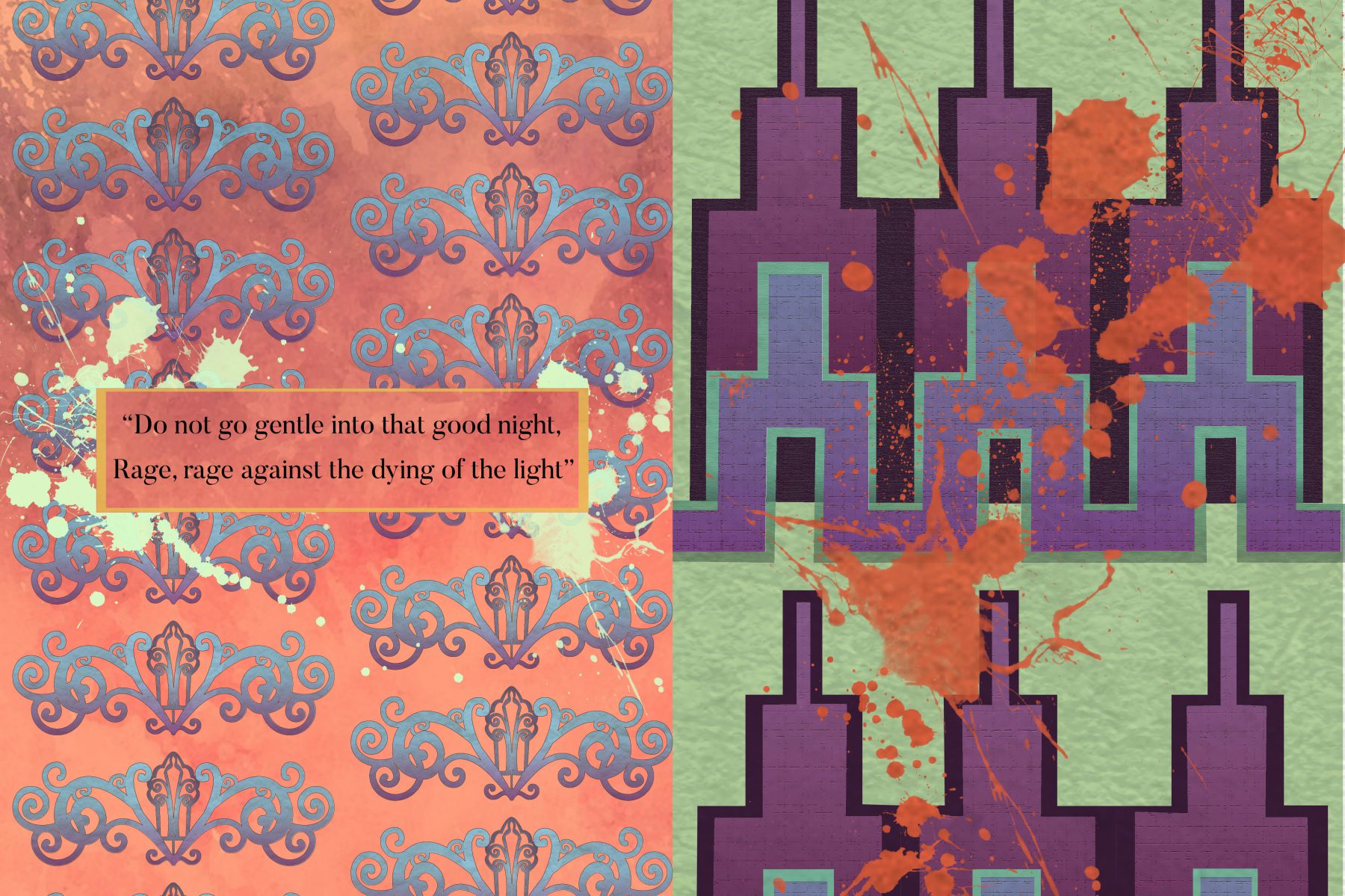The article “Sousveillance: Inverse Surveillance in Multimedia Imaging” was an enlightening read. What struck out the most to me, was firstly, how the author accidentally discovered sousveillance through cyborg discrimination. What is interesting here is not that there is discrimination. Discrimination will always be prevalent as it is only human nature to fear what is different from use. What I found interesting was the rapid tonal change int he “authorities'” reactions once the author prevented a form of sousveillance that was more tailored to a genre or a category that they are more familiar with. In this case it was sousveilance jewelry. Personally i feel that alongside the this “tailoring” it was also the fact that the authorities could potentially earn money from the sale of the sousveillance jewellery that made them not mind that they were going to be recorded 24/7. It is interesting how in the capitalistic world we live in today, the prospect of money could easily shift opinions.
Secondly, what struck me was how the author would be seen more as an artist rather than an engineer or a scientist. Besides the fact that souveillance could physically lead to works of art being formed (eg. through the light vector compositions) I find it fitting that he be considered an artist as the act of sousveilance itself is an argument against surveillance. The author is making a statement against surveillance and what is art if its not making statements.
Personally, I find sousveillance profound as it puts power into the hands of the people. It gives the masses the power of evidence and it makes the authorities more transparent, be it willingly or by “accident”. I find that inverse surveillance here has been more apparent in America in recent times, with the rise of social media and the discourse between the authorities and the people that has been happening there. Sousveillance was able to shed light on issues that would have otherwise been completely swept under the rug or issues that would have not been known at all. Some examples would be sousveilance shedding light on police brutality in America, or more recently, the Cambridge Analytica scandal that is currently in the news cycle.
Lastly, I find it interesting how this generation is unfazed by the idea of sousveillance, especially with the status that social media has at the moment. As we can see, from the article, people were shocked and revolted by the idea of sousveillance innitially. But now, we live to be recorded. It is our form of self portraiture. It would be interesting to see how society and human interaction would evolve further as sousveillance becomes more prevalent and if all videos recorded was saved at an unknown place. Taking my queue from the Black Mirror episode “The Entire History of You” (season 1 episode 3, maybe being able to revisit our memories and “re-live” them might take a turn for the worst and we see humans drowning in toxicity and not being able move away from the past. Or maybe, the future would be brighter. Who knows. But I for one, is eager to see where sousveillance would take us.
